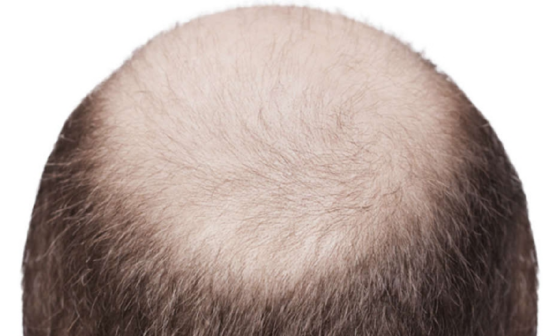Masturbation is a natural and common activity among men. Despite its prevalence, there are many myths surrounding its effects on sexual health and fertility, particularly regarding sperm count. This article explores that does masturbation causes low sperm count, the science behind sperm production, and the overall impact of sexual habits on male fertility.
Understanding Sperm Count
Sperm count refers to the number of sperm present in a given volume of semen. A normal sperm count, according to the World Health Organization, is typically defined as 15 million sperm per milliliter or more. Various factors can affect sperm count, including age, health status, lifestyle choices, and environmental factors.
Understanding what constitutes a healthy sperm count is essential for those trying to conceive, as sperm health plays a crucial role in fertility. Low sperm count, also known as oligospermia, can result from various issues, including hormonal imbalances, medical conditions, and lifestyle choices.
The Science of Masturbation
Masturbation is a normal sexual activity that involves self-stimulation of the genitals. It can provide sexual pleasure and is a common way for men to release sexual tension. However, misconceptions persist about its effects on fertility and sperm quality.
Common Myths
Many believe that frequent masturbation can lead to reduced sperm count and impaired fertility. However, this is largely a myth. Research indicates that the body produces sperm continuously, and regular ejaculation through masturbation or sexual activity is generally beneficial for maintaining healthy sperm quality.
Current Research on Masturbation and Sperm Count
Recent studies indicate that masturbation does not significantly affect sperm count in a negative way. In fact, the male reproductive system is designed to produce sperm continuously. When a man ejaculates, the body replaces the lost sperm, maintaining a healthy balance.
Ejaculation Frequency: Experts suggest that regular ejaculation—whether through intercourse or masturbation—can help improve sperm quality. For optimal sperm health, men are encouraged to aim for ejaculation every 2 to 3 days. This frequency can help maintain sperm motility and quality while ensuring that the sperm are not overly aged or depleted.
Impact on Fertility
For men trying to conceive, the timing of ejaculation can be crucial. Engaging in sexual activity or masturbation too close to a woman’s fertile window may impact sperm quality at the time of conception. Therefore, couples attempting to conceive are often advised to monitor timing and frequency.
Temporary vs. Long-term Effects
While excessive ejaculation in a short period may lead to a temporary reduction in sperm concentration, it does not lead to permanent low sperm count. Instead, the body compensates by continuously producing sperm. This dynamic means that occasional fluctuations in sperm count due to high-frequency ejaculation are normal and should not be a cause for concern.
Other Factors Influencing Sperm Count
While masturbation alone does not cause low sperm count, several other factors can affect sperm health:
Lifestyle Choices
- Diet: A balanced diet rich in antioxidants, vitamins, and minerals can support sperm health. Nutrients such as zinc, vitamin C, and omega-3 fatty acids play crucial roles in maintaining healthy sperm production.
- Exercise: Regular physical activity is essential for maintaining a healthy weight and reducing stress, both of which contribute to better sperm quality.
- Substance Use: Smoking, excessive alcohol consumption, and the use of recreational drugs can negatively impact sperm count and overall fertility.
Environmental Factors
Exposure to environmental toxins and endocrine disruptors—found in pesticides, plastics, and some industrial chemicals—can adversely affect sperm production. Reducing exposure to these substances is vital for maintaining reproductive health.
Health Conditions
Medical conditions such as diabetes, hormonal imbalances, and infections can also contribute to low sperm count. If there are concerns regarding fertility, it is essential to consult a healthcare professional who can conduct the necessary evaluations and recommend treatments.
Practical Recommendations
For men concerned about their sperm health, here are some practical tips:
- Monitor Ejaculation Frequency: Aim for regular ejaculation (every 2-3 days) to maintain optimal sperm quality, especially when trying to conceive.
- Adopt a Healthy Lifestyle: Focus on a balanced diet, regular exercise, and maintaining a healthy weight to support overall reproductive health.
- Limit Exposure to Toxins: Be mindful of environmental factors that may affect sperm quality. This includes reducing exposure to harmful chemicals and pollutants.
- Consult a Healthcare Professional: If there are concerns about fertility or sperm count, seek advice from a healthcare provider specializing in male reproductive health.
Conclusion
In summary, masturbation does not cause low sperm count. Rather, it is a normal part of sexual health that, when practiced in moderation, can support healthy sperm production. Understanding the factors that influence sperm health—such as lifestyle choices, environmental exposures, and overall health—is crucial for men, especially those concerned about fertility. By adopting healthy habits and addressing any potential issues with a healthcare professional, men can optimize their reproductive health and well-being.






